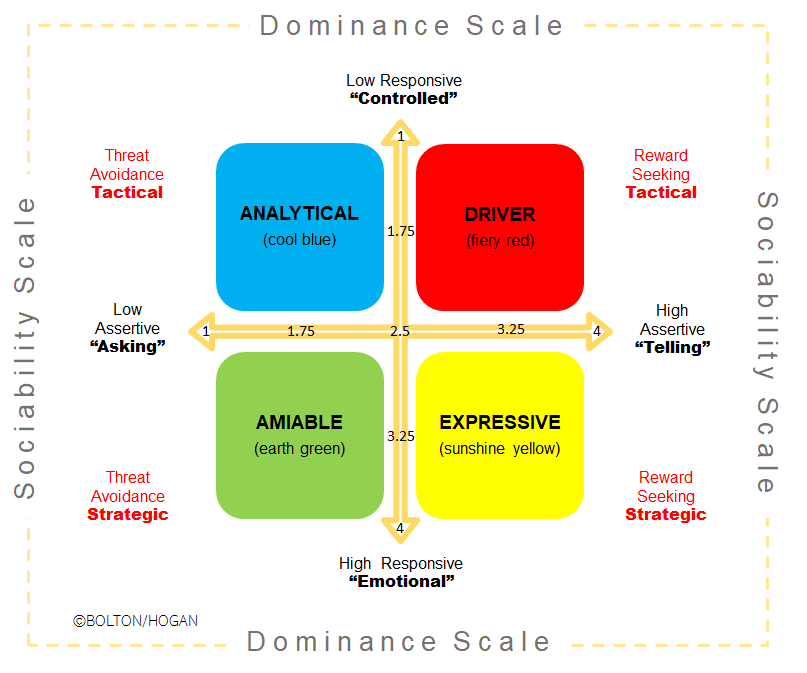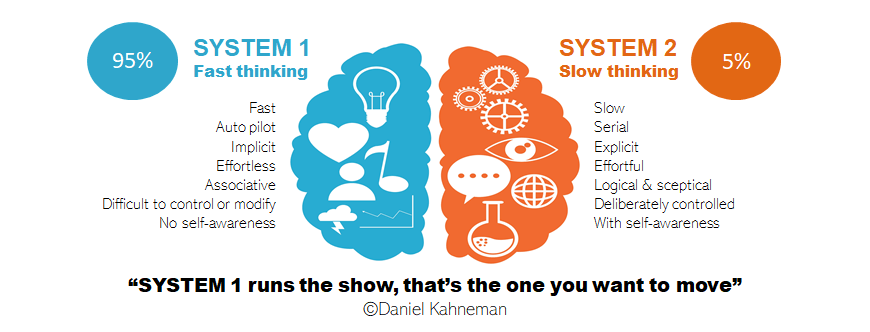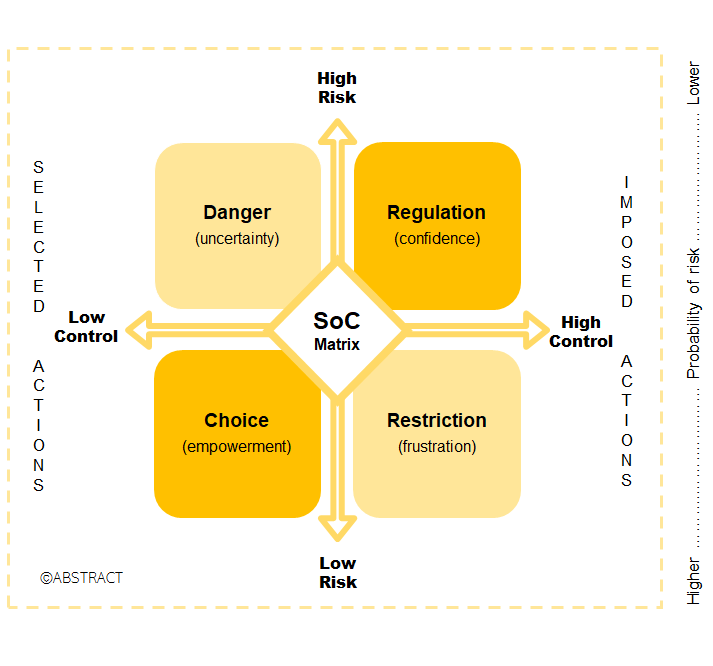How to form sound judgement
Mark Fryer
How to form sound judgement
A brief recap
One of the interesting discoveries within the Persona (Bolton v Bolton) character study, that we touched on in our previous article, is that each character style will either be ‘reward seeking’ or ‘threat averse’ and either ‘strategic’ or ‘tactical’.
We looked at how your unique character is made up of the millions of references and experiences stored in your conscious and subconscious memory, that together drive your judgement.
During our extensive research, we found participants answered almost identically to one particular simple question: “How do you form judgement?” The answer was almost unanimously gut feel or intuition. But what is that?
Daniel Kahneman simplified the brain into two systems. System 1 is the “gut feel” and “intuition” part of the brain. It is like a massive filing system of references and experiences that help reach quick judgements. But, it gets things wrong…regularly! System 2 is the problem solver, though it is inherently lazy. You would be too, if System 1 did all the work.
The trick is to mobilise System 2 - and we’re not talking for everyday decisions like should I have a cup of tea? But decisions that have importance or consequence (more of this in a moment). System 2 is a lazy muscle and you will know when you have been using it. For example, when you have to concentrate and you feel tired and drained after a short period of time.
Forming sound judgement through the concept of consequence
Going back to the reason we undertook this research in the first place… we wanted to invent a simple, practical model to help individuals and teams evaluate the type of judgement required to make the best decisions.
It took a while (and a lot of System 2 brain energy) for us to create The Spectrum of Consequence (SoC) model. There are two factors at play – risk and control. Combined, they create four categories within which a situation or topic can be assessed. Plus, each quadrant comes with an emotional context.
Spectrum of Consequence Matrix
High risk, high control
You board a plane and you see the pilot completing the pre-flight checklist. This is because it’s a high risk situation and therefore high control is required, using systems and processes. This regulation gives us the confidence to settle into our seat and enjoy the flight.
Situations can change
Take Covid-19 and the UK Government approach since February through to the current day. The government assessment is that the risk is reducing and so they can relax the controls as we release from lockdown. The Covid-19 situation has moved close to the cross hairs resulting in divisive judgement (opinion) based on people’s own personal situation and your character style.
How does this help with judgment in business?
The SoC axis are sliding scales and invaluable in determining the equilibrium required between the amount of risk and therefore the amount of control required. Businesses can use it to empower employees to make appropriate judgements and decisions where there is lower risk. It prevents micro management and creates more effective, happier teams.
ABSTRACT promotes that wherever possible we should operate in Regulation and Choice (the golden quadrants), these are really effective judgement quadrants.
The Regulation quadrant needs high control because the risk is high and this high control is often manifested as rules, policies, and guidelines (often designed from mistakes of the past) and so if we follow the rules we have confidence in achieving our desired outcome.
The Choice quadrant due to lower risk and lower consequence allows us the freedom to form judgement of the right options and we feel empowered.
Danger and restriction are opposite to the golden quadrants and with high risk/low control we need luck on our side and with low risk/high control it feels like it’s us against the system.
Unfortunately, through no fault of our own we may find ourselves on occasion in Danger or Restriction. When we find ourselves in these two quadrants we should try to move into the golden quadrants as, if we cannot, then our judgement will become impaired.
Danger means we may feel out of control or the stakes are so high that we struggle to form judgement which can result in decision paralysis - which in itself is a decision.
Restriction means we’re thwarted, not by our judgement but by the system. We have only one choice – to comply or withdraw from the situation – neither of which will achieve our desired outcome.
Coming up next…
Next time we will build on our understanding of judgement and the SoC model and look at how to use them to promote effective decision making - both as individuals and in group situations.
For further info on how we can help your team to benefit from more effective judgement and decision making, please get in touch with Nick Goddard on info@abstractuk.co.uk











